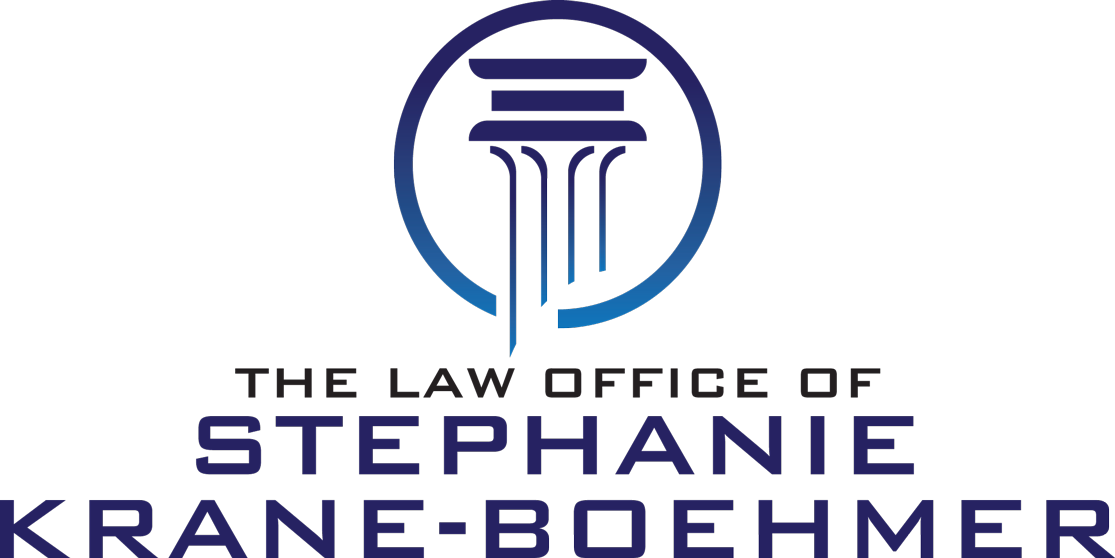Wills/Trusts & End of Life Decisions
Estate planning is not just for wealthy people. I often hear “I don’t have anything.” Ask yourself these questions:
- Do you have children?
- Do you have children until the age of 18?
- Do you have a blended family?
- Do you have a house or condominium?
- Does that house or condominium have equity (you owe less than it’s worth)?
- Do you have a bank account or investment accounts?
- Do you want to have a say where your possessions go after you pass away?
- Do you want to make end-of-life decisions?
- Do you wish to maintain privacy over your financial affairs?
If you answered yes to any of the above questions, then you need an estate plan. Estate planning is the process of making sure that your assets (house, bank accounts, investment accounts, vehicles, and tangible personal items) transfer to the person(s) that you want to receive those items.
Other important goals of estate planning are to avoid probate, minimize attorney fees involved in the probate process, avoid having to pay court fees associated with probate, and minimize taxes that are paid upon death.

Any complete estate plan should contain:
- A Last Will & Testament
- A Durable Health Care Power of Attorney naming a person(s) to be responsible for medical decision-making
- A Durable Power of Attorney naming a person(s) responsible for asset and financial management while you are living but unable to handle your financial affairs.
- A Living Will or other advance directive giving instructions concerning the type of care one wishes to receive (or avoid) in the event of a terminal illness or vegetative state.
There are additional documents that are included in your estate plan prepared by our office such as Final Instructions for cremation or burial and naming a person(s) to carry out those instructions and Instructions on how to handle cases of advanced stage Dementia or Alzheimer’s.
An estate plan may also include the creation of a Trust. A Trust is a tool that is used to avoid probate. The Trust package includes all of the documents stated above, plus the Trust.
An estate plan can also include the preparation of a Lady Bird Deed. This document allows the owner of a property to keep the property in his or her name until death and then the property transfers to the individual(s) named on the deed.
No book, software program, or website can possibly account for each person’s unique situation and needs, keep up with the laws of each state, and create a personalized plan for you. Schedule an appointment today, free of charge, to meet with Stephanie to review your estate planning options.
The Estate Planning Process
As your estate planning attorney, I strive to serve you as a person, not as a file. By focusing on your family’s hopes, dreams, and aspirations, we can merge your vision with my legal expertise to create plans that serve your family not only today but well into the future.
STEP ONE: The Initial Consultation (Get Acquainted Meeting):
I want to make sure prospective clients can ask questions, feel a sense of comfort with me, and determine a fee range before making a commitment. This is a “big picture” discussion of the client’s family, estate, and concerns as well as the document options that are available to you.
I offer prospective estate planning clients a complimentary 30-minute initial consultation for general estate planning. Please note, however, that I reserve the right to charge for other initial consultations. We do not bill clients for anything until an agreed-upon fully executed fee agreement is in place.
STEP TWO: The Data Gathering and Design Meeting:
During the Design Meeting, Stephanie and the client will discuss the specific details of the plan. This is really a creative process, where the attorney and client discuss solutions, pitfalls, and options. This can also be a very emotionally powerful time to reflect on your family, your connections to them, and how the documents may represent those bonds.
Based upon the specific needs and goals of my client, I will take the time to make the estate planning recommendations to build an estate plan that plans for and protects the client and their loved ones.
STEP THREE: Review and Sign the Documents:
After the design and drafting of the estate plan, a follow-up meeting to sign documents and begin implantation of the plan will be scheduled. I will thoroughly explain the planning documents to the client. At the conclusion of this meeting, the estate plan is effectively in place.
I will have personally drafted each of your legal documents and will review them with you to make sure everything is just right.
STEP FOUR: Ongoing Client Care:
We do not consider the signing of the documents as just the final part of a legal transaction. In fact, we strive to build lasting relationships with our clients. We keep our clients informed of changes that could affect their planning, maintain secure storage of your estate planning, legal, and financial records in order to maintain your estate plan to meet your ever-changing estate planning goals.
We also encourage our clients to call our office when they have a question concerning any aspect of their estate planning.
